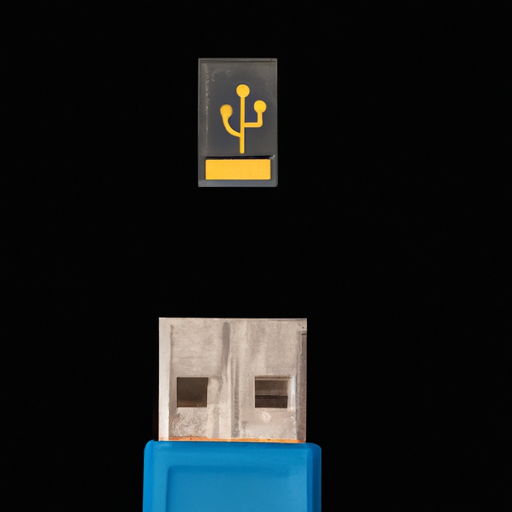


The gig economy has revolutionized the job market by offering flexible work opportunities through freelancing. This shift impacts businesses, workers, and the global economy in profound ways.

In recent years, freelancing has seen unprecedented growth. Driven by technological advancements and changing work preferences, more people are opting for freelance careers. Platforms like Upwork, Fiverr, and Freelancer have made it easy for people to find gigs that match their skills. This trend is not limited to certain types of jobs; it spans a wide range of professions from writing and graphic design to programming and consulting. The pandemic accelerated this trend, as many companies moved to remote work and realized the benefits of hiring freelancers. People are now more inclined to work from home or travel the world while earning a living. Freelancing offers them the freedom to choose their work and balance their personal and professional lives.

Freelancers offer several advantages for businesses. First, hiring freelancers can be cost-effective. Companies don’t have to provide benefits like healthcare and retirement savings, which they would for full-time employees. They can also bring in freelancers as needed for specific projects, allowing for more flexibility in workforce management. Additionally, freelancers bring a variety of skills and perspectives since they often work with multiple clients. This diversity can foster innovation and improve the quality of work. Many startups and small businesses rely heavily on freelancers because they can scale their workforce up or down depending on their needs, without the long-term commitment associated with full-time staff.

While freelancing has many perks, it also comes with challenges. One of the main issues is job insecurity. Unlike full-time employees, freelancers do not have a guaranteed income. Their work depends on the availability of gigs, which can fluctuate. Freelancers also have to manage their own benefits, such as health insurance and retirement savings. This can be complicated and expensive. Moreover, they must handle their own taxes and may not have access to the same legal protections as salaried workers. Freelancing can also be isolating as individuals often work alone without the social interaction that comes with a traditional office job. Balancing multiple clients and projects can also lead to stress and burnout.

Technology plays a crucial role in the gig economy. Online platforms connect freelancers with clients across the globe, widening the scope of opportunities available to them. These platforms often come with tools that make managing projects easier, such as time tracking, invoicing, and communication features. Social media and professional networks like LinkedIn also serve as valuable resources for freelancers to market themselves and connect with clients. Technology enables freelancers to showcase their portfolios to a wide audience quickly and effectively. The rise of digital payment systems has also made it easier for freelancers to get paid by clients in different countries, removing one of the barriers to international freelancing.

The gig economy has a significant impact on the global economy. It offers economic opportunities to people in regions where traditional jobs may be scarce. Freelancers contribute to the economy by offering services that businesses may not otherwise afford. This can spur innovation and growth, particularly in developing countries. However, the gig economy also raises questions about job quality and employment rights. As more people opt for freelance work, there is a growing need for policies that protect them from exploitation and ensure fair compensation. The tax implications of freelancing are another area where governments need to adapt. Ensuring that freelancers pay taxes while also being eligible for social benefits is a complex issue that requires careful regulation.

One of the biggest draws of freelancing is the promise of a better work-life balance. Freelancers can often choose their work hours and locations, offering greater flexibility than traditional jobs. This can be especially beneficial for people with family responsibilities, health issues, or other personal commitments. However, the reality is sometimes different. The need to constantly seek new gigs and manage multiple clients can sometimes lead to long hours and work-life imbalance. Without a clear boundary between work and personal life, freelancers can find themselves always “on the clock.” Successful freelancing requires good time-management skills and the discipline to set boundaries, ensuring that work does not take over personal time.

The future of freelancing looks promising. As businesses continue to see the benefits, the demand for freelancers is likely to grow. Advances in technology will make it even easier for freelancers to work from anywhere in the world. Artificial intelligence and automation may also change the types of freelance jobs available, as mundane tasks become automated and demand for highly skilled workers increases. Education and training programs are starting to cater to the specific needs of freelancers, offering courses on everything from financial management to digital marketing. The gig economy will likely become an integral part of the future job market, influencing how people work and live.
In conclusion, the gig economy has brought significant changes to the job market. It offers many benefits, such as flexibility, variety, and economic opportunities for both freelancers and businesses. However, it also presents challenges including job insecurity, lack of benefits, and the need for self-management. Technology has played a key role in enabling the growth of freelancing, making it easier for people to connect and complete work globally. The economic impact of the gig economy is profound, contributing to innovation and growth while also raising questions about employment rights and tax regulation. As we look to the future, the trend toward freelancing is likely to continue, promising new opportunities but also requiring new approaches to education, policy, and personal management. The gig economy is here to stay, and its impact will continue to shape the labor market in ways we are just beginning to understand.